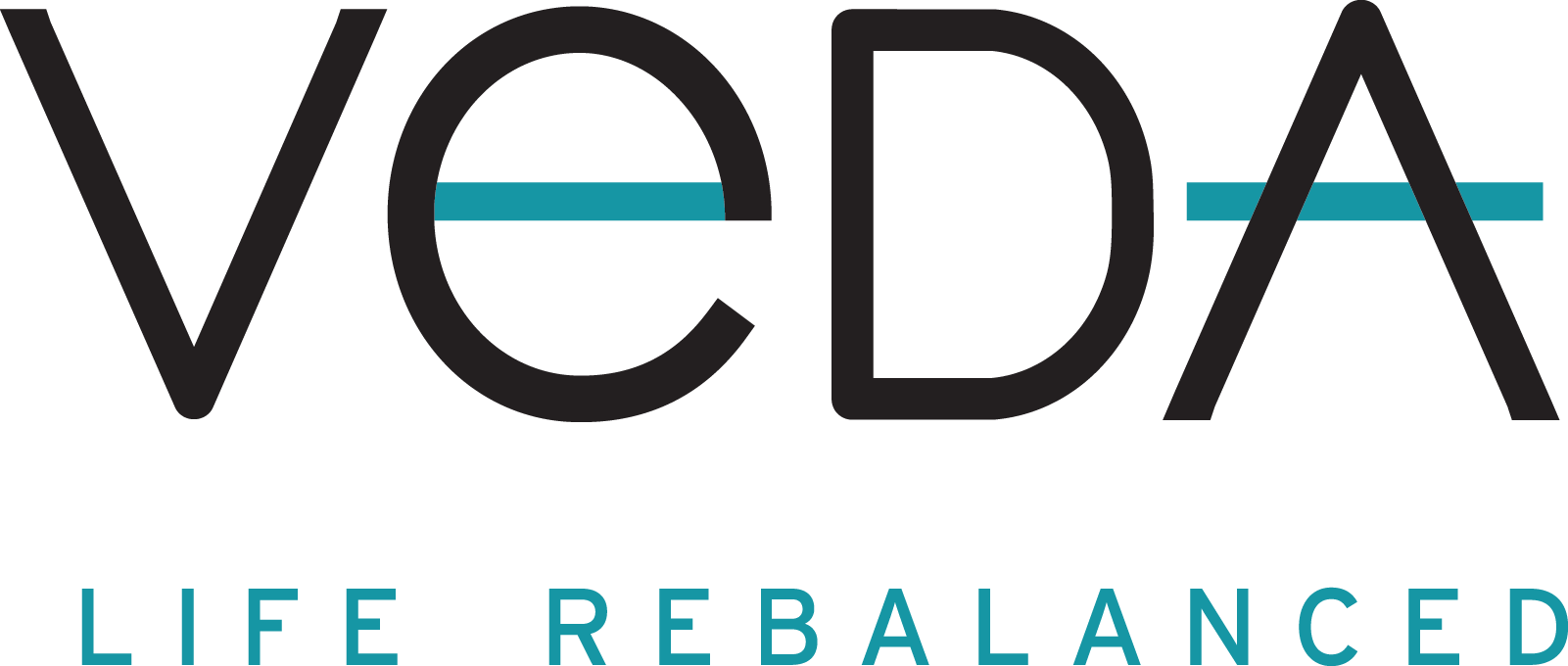Vestibular Disorder Association (VeDa) Ambassador, Rachel Ackerman Shares How She Adapted To Chronic Illness
Industry: Non Profit & Charity
Traveler, Student & Homeowner Adapts to Life with a Chronic Illness Rachel Ackerman’s vertigo journey began abruptly, waking her up early one morning. She was thirty-four, a new home owner and a college student. She loved to travel and spend time with her friends.
Portland, OR (PRUnderground) September 1st, 2019
Traveler, Student & Homeowner Adapts to Life with a Chronic Illness
- Balance Awareness Week (BAW) is September 15-21, 2019
- 30% of the U.S. population has transient or chronic issues with balance.
- The goal of BAW is to educate the public about vestibular disorders so people with undiagnosed dizziness and imbalance can get the help they need, reducing healthcare costs and improving quality of life.
Rachel Ackerman’s vertigo journey began abruptly, waking her up early one morning. She was thirty-four, a new home owner and a college student. She loved to travel and spend time with her friends.
“Nothing has been the same since that day,” says Rachel.
Due to the death of her grandmother, the loss of her job, which imperiled her new home, and the death of her father, Rachel’s body was under extreme stress at the time of her first terrifying vertigo episode.
Years passed, with her symptoms increasing from initial episodes of “just” vertigo to a plethora of somehow worse problems, such as extreme fatigue, all-day headaches and difficulty driving, concentrating, and reading.
About three years after Rachel’s first vertigo episode she became aware that her life had completely changed. She was no longer the active, optimistic, outgoing, or dynamic person she had been. She began to lose her friends, identity, self-esteem, joy; indeed, her life.
Finally, she was diagnosed with vestibular migraine (VM). This diagnosis was bittersweet, as it put her in the same uncertain condition as millions of migraine sufferers – you are never really cured, you just learn to manage it the best you can. You adapt.
“For me, this is the fate I’ve had to eventually accept,” says Rachel. “There is no cure. I am never going to get rid of this thing. I am not going to be the old Rachel. I will always be this new version of myself who must carefully and constantly monitor my lifestyle and warning signs to keep my symptoms in check.”
Eventually, Rachel returned to college and graduated Summa Cum Laude. She is currently completing her master’s degree and working towards becoming a fully qualified grief counselor.
“As her symptoms improved, Rachel was able to start a support group and become a VeDA Ambassador,” said Cynthia Ryan, Executive Director. “Like so many of her peers, she has joined a community of vestibular patients and healthcare providers to raise awareness about these debilitating conditions, so others like her don’t have to suffer alone.”
Rachel’s advice for adapting:
I cannot tell you what will help you with your specific condition and symptoms, but I can advise you to understand the central role that diet, exercise, and stress play in our overall health, and certainly for migraine. More than this, I want to tell you to enjoy today. Enjoy the present moment in every way you can. So much of life is perspective, SO MUCH. Letting go of some things, accepting other things, being open to ideas and change, connecting with others and with nature – these are the things that have meaning, that inspire awe, and that allow us to not seek some uncertain future but to be at peace and have joy today. There is always today, this moment. You, too, can adapt to live with a vestibular disorder.
Balance Awareness Week is the Vestibular Disorder Association’s (VeDA) annual weeklong campaign to broaden the awareness and understanding of balance-related vestibular conditions. This September, VeDA is calling for the vestibular community far-and-wide to come together and amplify a collective rally cry for public support. The goal is to make “vestibular” visible, so patients can be more rapidly diagnosed, effectively treated, and gain the empathetic care they need from friends, family, and co-workers. And by working together, we can advance the funding, research, and policymaking needed to positively impact the lives of millions living life without balance.
About VeDA: VeDA is the leading international organization people turn to for help with vestibular (inner ear and brain) disorders. They are an authoritative resource, publishing information that is clear, reliable, and scientifically objective. VeDA supports people with vestibular disorders by connecting them to health care specialists and support networks. VeDA promotes awareness for vestibular disorders through testimony and advocacy.
Contact: Cynthia Ryan, 503.294.9085, Cynthia.ryan@vestibular.org
About Vestibular Disorders Association
For almost 30 years, VeDA has been a highly respected source of scientifically credible information on vestibular disorders. Through our publications and online community, VeDA has reached millions of vestibular patients with critical information and support. We provide education and emotional support to patients with dizziness and imbalance. We connect patients with medical specialists through our provider directory of clinics that specialize in diagnosing and treating vestibular disorders. We advocate on behalf of all who are impacted by vestibular disorders.



